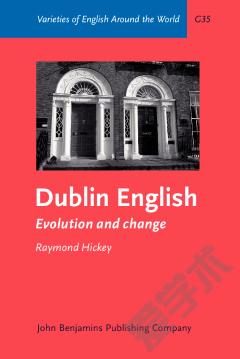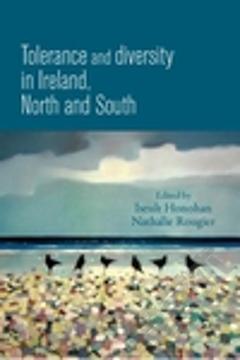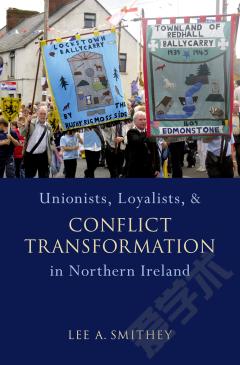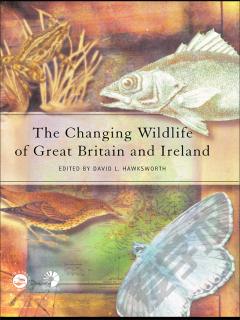Ethnicity and Language Change. English in (London)Derry, Northern Ireland.
Part sociolinguistic, part ethnographic, this book takes up the neglected question of how ethnic division interacts with variation and change in Northern Irish English. It identifies an idealised folk model of harmoniouscommunities, in spite of the social divide and open conflict that have long affected the region; this model affects daily life and sociolinguistic studies alike. A reading of sociolinguistic studies from the region revealsethnolinguistic differentiation. Qualitative analysis of material from (London)Derry shows people often stressing tolerance in their community, while accounts of their activities contain evidence of ethnic division and strife. Quantitative analysis charts six changes in (London)Derry English. Variation correlates to varying degrees with age, ethnicity, class, sex and social network. The ethnic dimension, while not the most important parameter in all cases, plays a role in relation to all the changes examined.
{{comment.content}}








 京公网安备 11010802027623号
京公网安备 11010802027623号